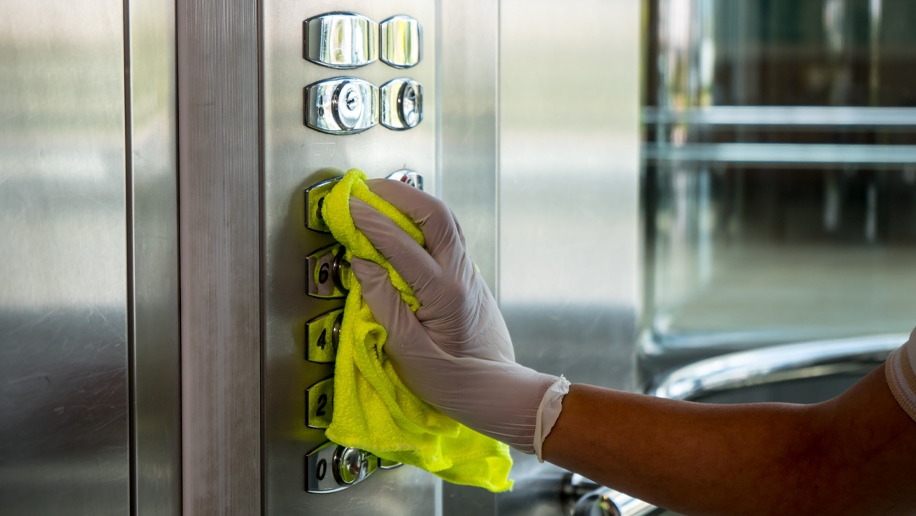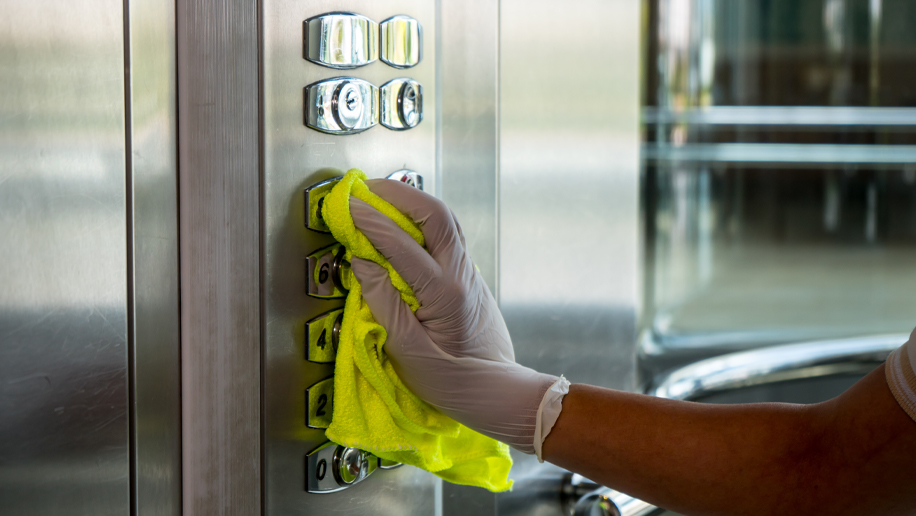Global Hotel Occupancy Reaches Two-Thirds of Pre-Pandemic Levels
Data is encouraging and hoteliers are optimistic, according to new Amadeus research
May 31, 2021

A new report combines global hotelier insights with Amadeus business intelligence data to uncover worldwide hospitality recovery trends and that data is encouraging.
Since the start of the pandemic, hoteliers have had to rethink many aspects of their business to accommodate new safety procedures, cater to changing guest needs and survive in an extremely complex operating environment. Research from Amadeus reveals how the hospitality industry worldwide has adapted, as well as the trends hoteliers think are likely to stay as the industry rebuilds.
The report, called “Rebuilding Hospitality: Trends in Demand, Data and Technology That are Driving Recovery” shows that hotel occupancy levels are now on an upward trajectory. Worldwide occupancy reached 46 percent in April 2021, up from the low point of just 13 percent in April 2020. This means that global hospitality occupancy has climbed two-thirds of the way back to pre-pandemic norms of around 70 percent for this time of year.
Travel Planning: Greater Lead Times
The data also shows the booking lead time is lengthening, indicating growing consumer confidence to plan ahead. For much of the past year, nearly all reservations across the world were made within 0 to 7 days of travel. In recent weeks, bookings made on the same day of travel, which are the most problematic for the industry to accommodate, have shrunk globally from 39 percent the first week of 2021 to 23 percent the week of April 25, 2021, and bookings for 31 to 60 days out increased from 6 percent the first week of 2021 to 11 percent the week of April 25, 2021.
The Rebuilding Hospitality report incorporates a survey of 688 global hoteliers delivering new insights into current sentiment and plans:
- Significant growth optimism: There is a sense of optimism as 30 percent of hoteliers anticipate opening one or multiple sites in 2021.
- Leisure travelers are driving recovery: The majority (63 percent) of hoteliers worldwide think that leisure travel will drive their recovery with domestic leisure by far the highest contributor (45 percent). In line with this, Amadeus data shows that US, China, and the rest of Asia are starting to see an increase in OTA booking volume, shifting the focus away from a dependence on direct bookings during the pandemic.
- Recruiting will be a high priority: Over half (59 percent) of global hoteliers anticipate that they will need to hire new staff in 2021.
- Opinion on vaccine passports divided amongst hoteliers: More than half of Asian hoteliers say they are considering asking for vaccine passports before permitting guests to stay. Fewer than half of hoteliers in the Americas say they will definitely not be adopting this approach. In Europe, the Middle East, and Africa, nearly half of hoteliers are uncertain on their strategy in this area.

When considering the aspects of the pandemic pivots that will be here for the longer term, the report reveals:
- Enhanced hygiene measures are here to stay: A third (32 percent) of hoteliers think that they will always need significant social distancing, sanitization, and visible hygiene measures.
- Long-term reduction in guest contact and stayover cleans: 20 percent of global hoteliers indicate they will keep interaction between staff and guests to a minimum for the long term, and 21 percent plan to reduce daily housekeeping for guests.
- Personalization could help cross the contactless hospitality divide: Over a quarter of respondents (30 percent) said that contactless tech to support personalized guest experiences was one of the developments in hospitality they were most excited about as we emerge from the pandemic. Around one in four hoteliers (24 percent) went on to say they would be turning to technology to support personalized experiences making sure the ‘human touch’ of hospitality is not lost.
- Work ‘staycations’ and long stay rental investments: Creative business pivots like offering work ‘staycations’ and investment in facilities that help travelers elongate stays have helped hoteliers test out new strategies to access new guest segments. Hoteliers report that these will stay as part of the portfolio for the long-term.
“The data and trends from this report are intended to draw together insights from hoteliers around the world as we work together as an industry to plan our recovery,” said Francisco Pérez-Lozao Rüter, President, Hospitality, Amadeus. “With lower restrictions in place, the US market has provided some early indicators of traveler behavior that could help other international hoteliers understand where they are in the stage of their own recovery.”
One of the key takeaways from our research and report, he says, “is that technology will play a central role in the recovery of the hospitality industry, as we found globally 41 percent of hoteliers plan to spend the same or more on IT this year than they did in 2019. At Amadeus, we are committed to investing in our industry and providing the technology that will help hotels to pivot their strategies and power future growth.”




